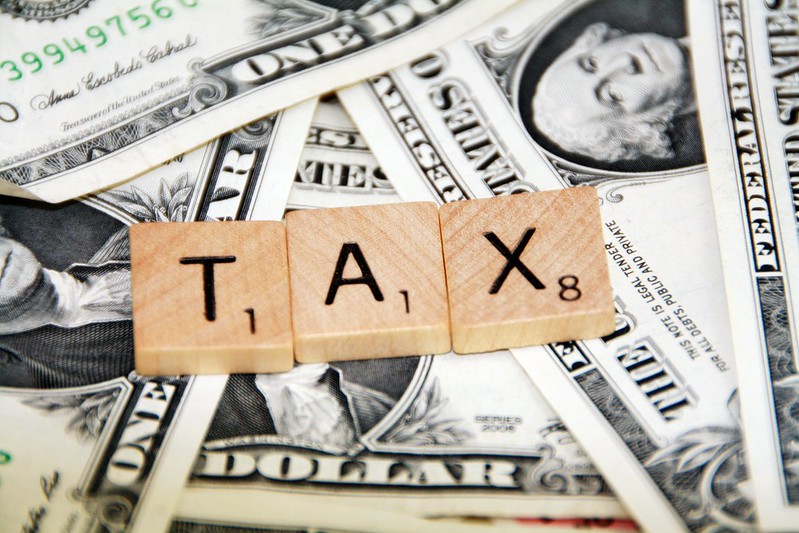Almost everyone experiences culture shock when they come to a completely new environment. Everything is different: the language, the food, and the people.
Here are my Top 5 Tips for Dealing with Homesickness
 1. Make Friends – Don’t wait for other au pairs to reach out to you, reach out to them. There are lots of other new au pairs who are feeling the same way you are right now. Set a goal to reach out to one of them each day. Some will respond and some will not. Don’t let that discourage you. No one will ever be mad at you for sending them a message to say hello or ask if they want to do something together. Make friends from various countries and you will also get a chance to practice your English skills together.
1. Make Friends – Don’t wait for other au pairs to reach out to you, reach out to them. There are lots of other new au pairs who are feeling the same way you are right now. Set a goal to reach out to one of them each day. Some will respond and some will not. Don’t let that discourage you. No one will ever be mad at you for sending them a message to say hello or ask if they want to do something together. Make friends from various countries and you will also get a chance to practice your English skills together.
2. Stay in touch with your home country, but not too much. Skyping or talking on the phone every day with your family and/or friends back home normally makes homesickness worse. Try emailing instead and reduce the Skype and phone calls to once a week, until you feel stronger. It’s much harder seeing the faces and hearing the voices of those you miss.
3. Get out of the house (or your room specifically) – Go to cluster meetings, have coffee or movies with other au pairs, join a gym, go to the library, go for a walk, visit the mall, get a manicure, visit a museum. If someone invites you out, say “yes.” Also, don’t be afraid to do the inviting. If your host family invites you to do things with them, say “yes.” This will help you get to know each other and contribute to your overall happiness. We are still living in a pandemic. Remember to be safe and follow your host family rules and any local rules for masking and other precautions.
4. Realize that it definitely gets better – All au pairs experience homesickness and nearly all of them stay and have a successful year (some stay for two years.) So, it must get better, right? Once you get past the initial homesickness, most au pairs report how quickly the year goes by.
5. Make Plans – Create your own Au Pair Bucket List (places you want to go, new foods to try, new things to experience during your year in the U.S.) and start doing them now. Post on our cluster Facebook group to find others who may want to join you on your adventures.
Photo by: Shimelle Laine (Flickr)
 When the kids are out of school on summer break there are soooo many possibilities. But, if you don’t make plans, you will often end up in the house with bored kids getting into trouble and arguing with their siblings. Make plans!
When the kids are out of school on summer break there are soooo many possibilities. But, if you don’t make plans, you will often end up in the house with bored kids getting into trouble and arguing with their siblings. Make plans!

 In the final months of your au pair year, it can be tempting to become relaxed in the way you complete your duties. You may be thinking about your travel month, returning home and the next chapter of your life. That can be exciting and sometimes a little overwhelming. Don’t be afraid to talk with your host family, community counselor and friends if you need support.
In the final months of your au pair year, it can be tempting to become relaxed in the way you complete your duties. You may be thinking about your travel month, returning home and the next chapter of your life. That can be exciting and sometimes a little overwhelming. Don’t be afraid to talk with your host family, community counselor and friends if you need support.
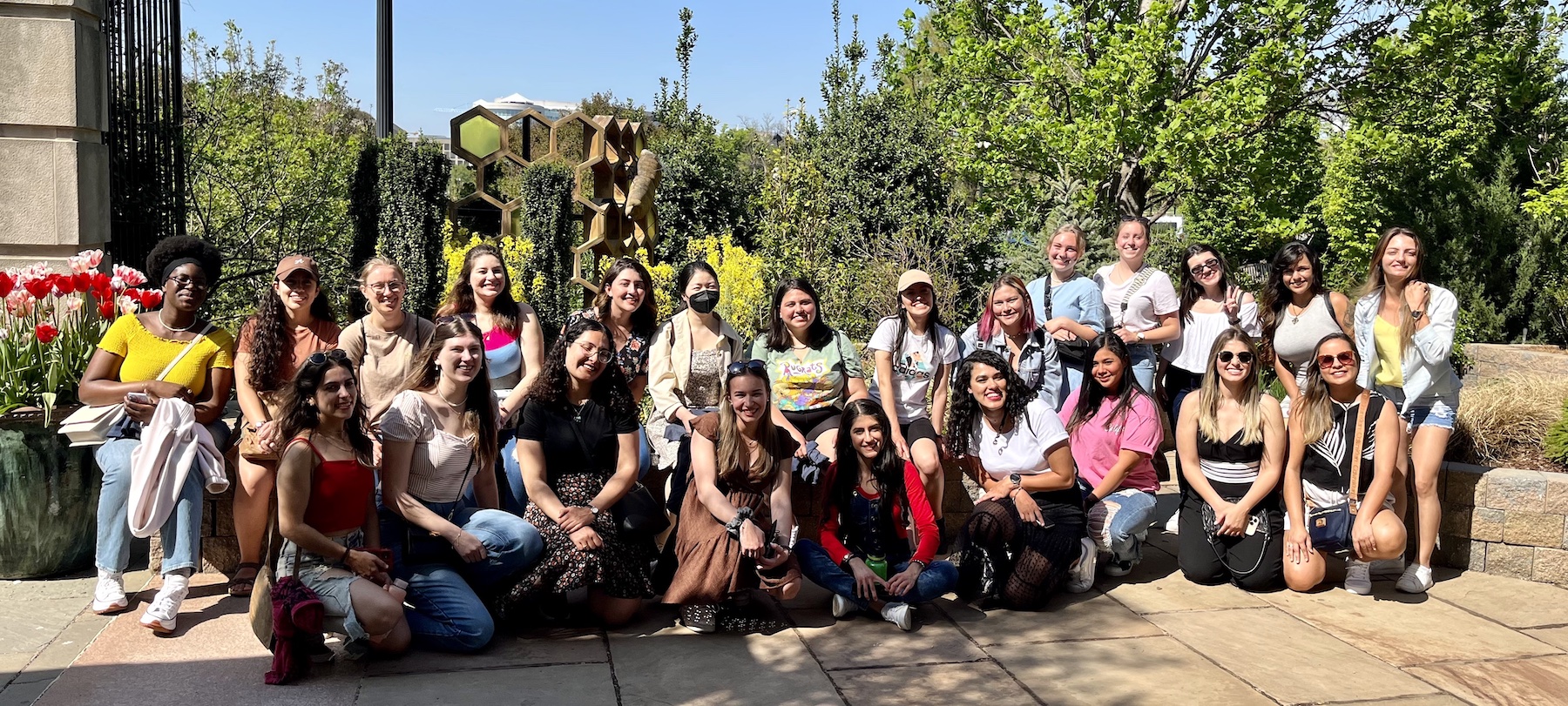
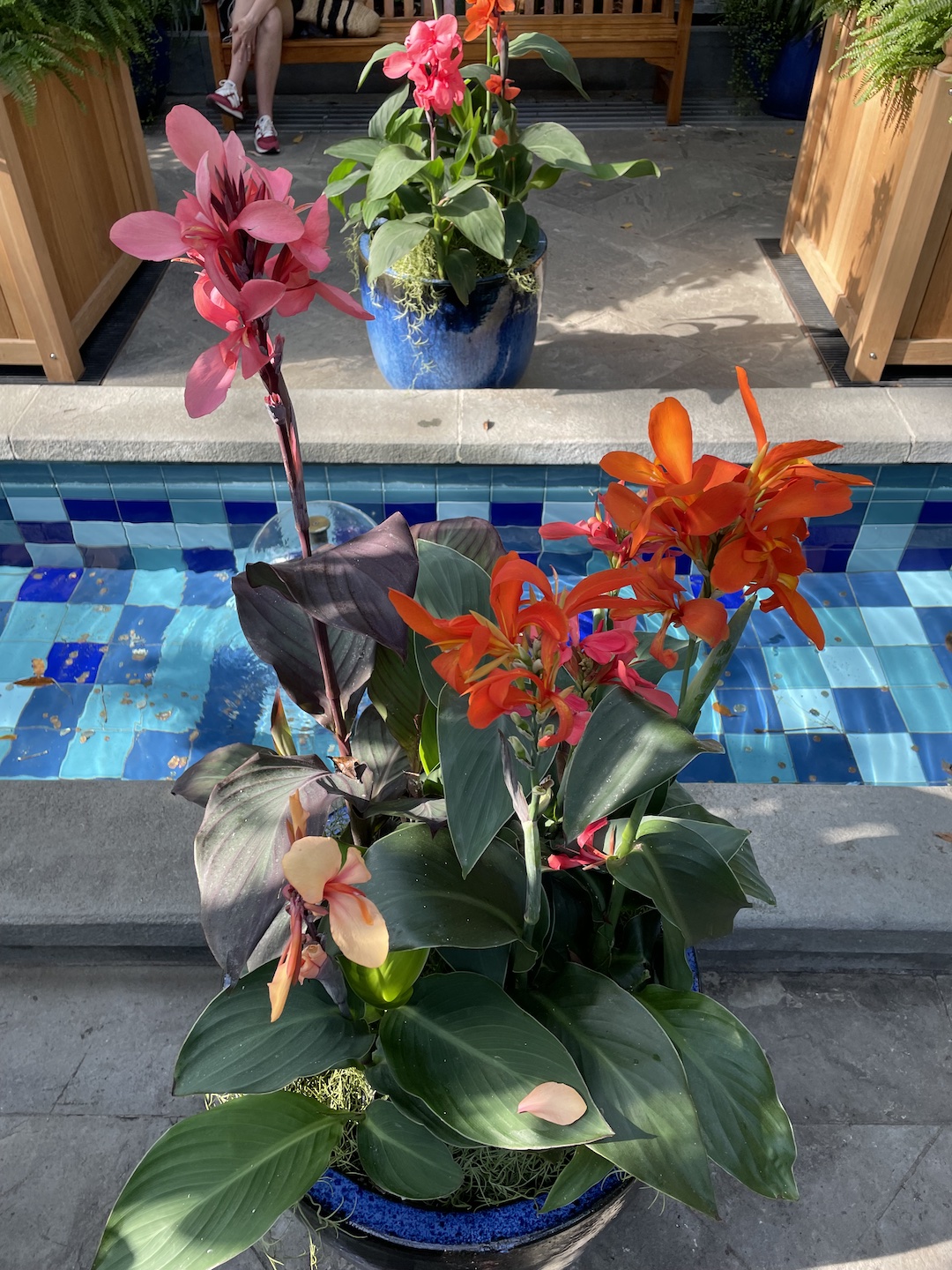

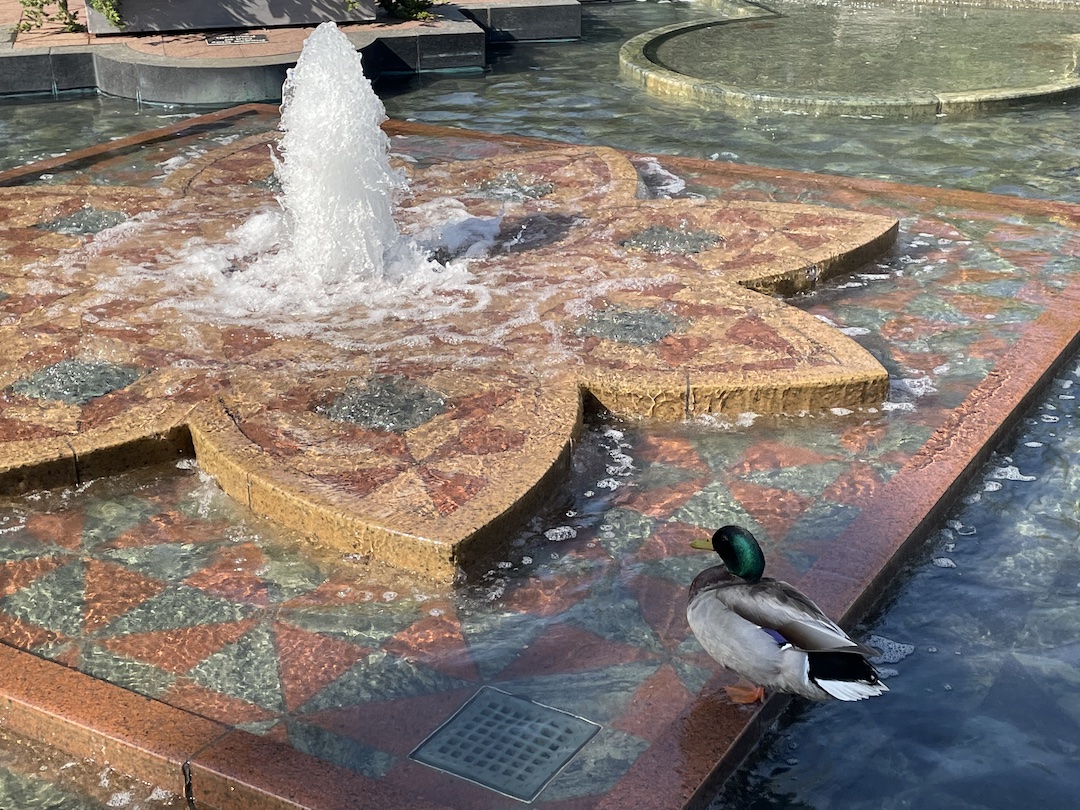

 “Game plan” means a strategy for how you are going to accomplish something. In the case of keeping kids from getting bored and/or into trouble, the best way to prevent it is to keep them busy with safe, fun activities.
“Game plan” means a strategy for how you are going to accomplish something. In the case of keeping kids from getting bored and/or into trouble, the best way to prevent it is to keep them busy with safe, fun activities.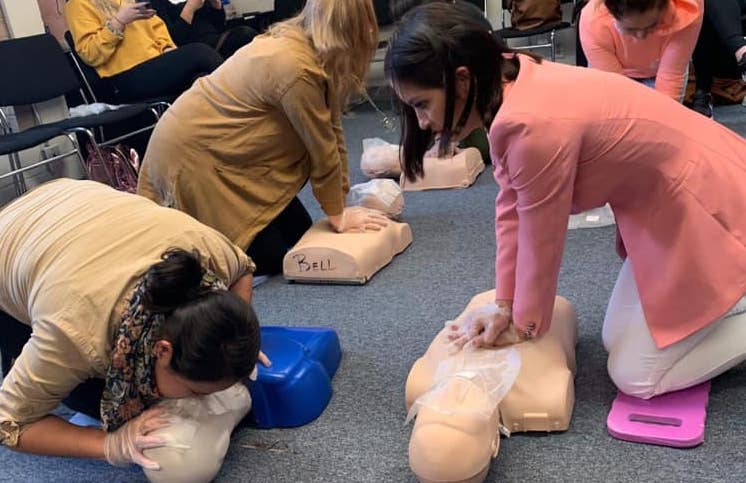
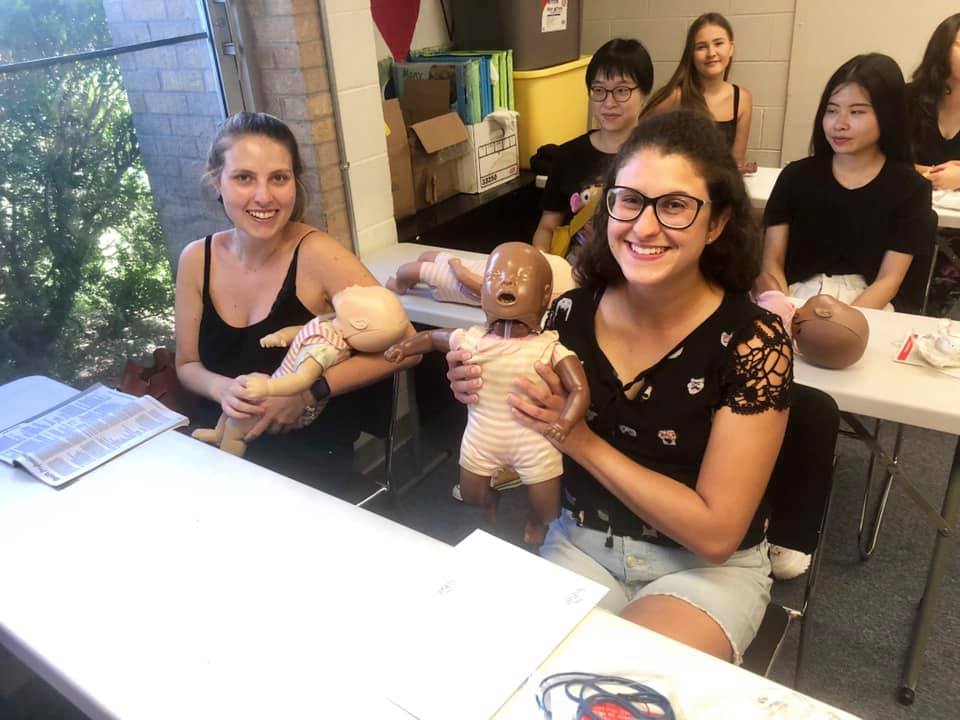 Classes are available through the Red Cross. Au Pair in America will pay for the cost of a class providing an au pair has at least six months left on her visa and is taking one of several approved childcare/child safety-related classes, such as Adult and Pediatric First Aid/CPR/AED. Au pairs should check with their community counselor and host family before signing up. Au Pair in America will register the au pair directly.
Classes are available through the Red Cross. Au Pair in America will pay for the cost of a class providing an au pair has at least six months left on her visa and is taking one of several approved childcare/child safety-related classes, such as Adult and Pediatric First Aid/CPR/AED. Au pairs should check with their community counselor and host family before signing up. Au Pair in America will register the au pair directly. 1. Make Friends – Don’t wait for other au pairs to reach out to you, reach out to them. There are lots of other new au pairs who are feeling the same way you are right now. Set a goal to reach out to one of them each day. Some will respond and some will not. Don’t let that discourage you. No one will ever be mad at you for sending them a message to say hello or ask if they want to do something together. Make friends from various countries and you will also get a chance to practice your English skills together.
1. Make Friends – Don’t wait for other au pairs to reach out to you, reach out to them. There are lots of other new au pairs who are feeling the same way you are right now. Set a goal to reach out to one of them each day. Some will respond and some will not. Don’t let that discourage you. No one will ever be mad at you for sending them a message to say hello or ask if they want to do something together. Make friends from various countries and you will also get a chance to practice your English skills together.